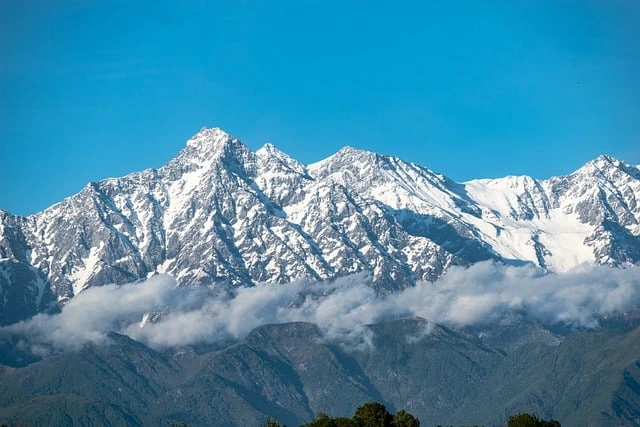Tour Operators Report Cancellations Amid Sikkim-Bengal Corridor Strain and Indo-Nepal Anxiety
The picturesque hills of Darjeeling and Kalimpong, once abuzz with summer tourists, are seeing a surprising dip in footfall this season. The reason? Growing border-related tensions near Siliguri, which lies at the heart of the sensitive Chicken’s Neck corridor connecting mainland India with the North-East.
Recent troop movements, enhanced patrolling along the Indo-Nepal border, and security advisories issued by local authorities have triggered a wave of fear among visitors and tour operators alike. While there’s no formal conflict, the perception of instability is proving enough to damage Siliguri’s fragile tourism-reliant economy.
H2: Cancellations Hit Hill Economy as Hoteliers Raise Alarm
The GTA (Gorkhaland Territorial Administration) has reported a 20% rise in last-minute hotel cancellations in Darjeeling, Kalimpong, and surrounding areas. “It’s our peak season. But even pre-booked families from Kolkata and Delhi are pulling out,” said Raju Lama, owner of a mid-range hotel in Chowrasta.
In Siliguri, tour operators say group bookings to Lava, Lolegaon, and Sikkim have slowed. The Bagdogra Airport authority recorded a noticeable drop in daily foot traffic last week.
Although no incidents of violence or conflict have occurred, rumors and overblown news coverage have made tourists wary, particularly after a recent military logistics convoy moved through the Sevoke Road area.
Geo-Politics Casts a Shadow
Siliguri’s strategic importance cannot be overstated. The corridor links India to Bhutan, Bangladesh, Nepal, and China, and has immense military sensitivity. While central forces claim all is well, diplomatic murmurings over border realignments with Nepal and China have found their way into public chatter, especially in local media.
Professor N. Chhetri, a North Bengal University political analyst, explains: “Even the smallest troop movement or diplomatic friction causes immediate ripple effects here. Tourism is the first casualty.”
Local Authorities Urge Calm
The Darjeeling District Magistrate’s Office issued a public statement urging tourists not to panic and reaffirmed that there were no security threats for travelers. “Our hill stations are safe. All reports of military tension are speculative and exaggerated,” the statement read.
Despite this, whispers of unease persist, especially in border-adjacent villages where Indo-Nepal land demarcation issues occasionally flare up.
Tourism Revival Hinges on Trust
To revive confidence, the West Bengal Tourism Department has launched a digital campaign with real-time hill visuals, safety updates, and tourist testimonials. Stakeholders are also pushing for central assurance and increased visibility of state tourism guidelines to counter fear-mongering.
As one tea estate owner in Mirik put it, “When peace is normal, business booms. But when peace is doubted—even falsely—everything shuts.”


